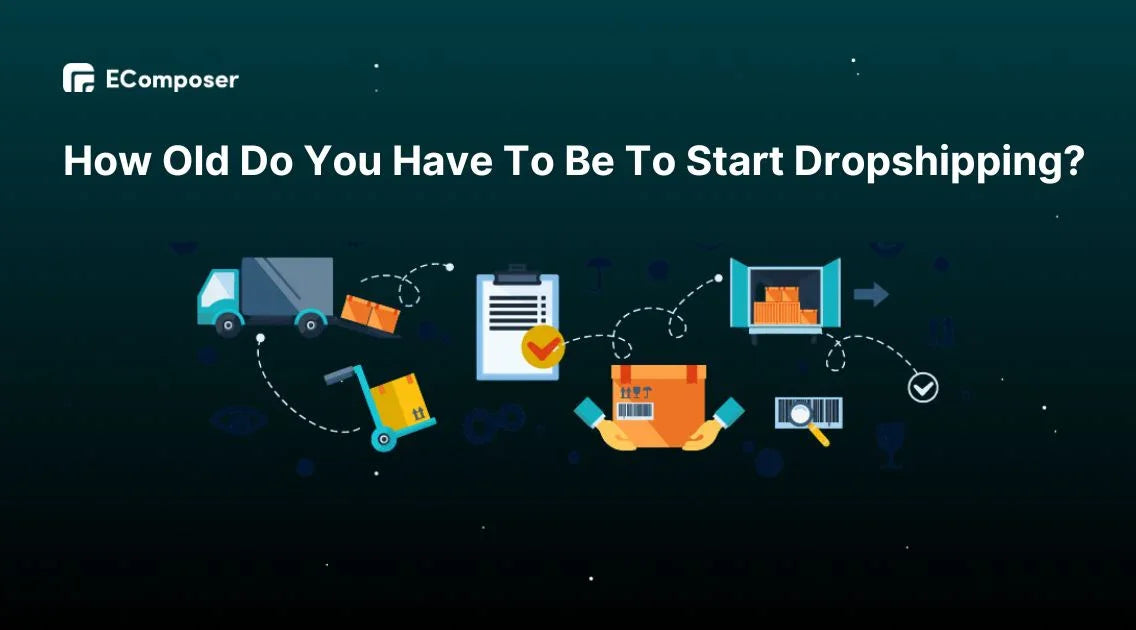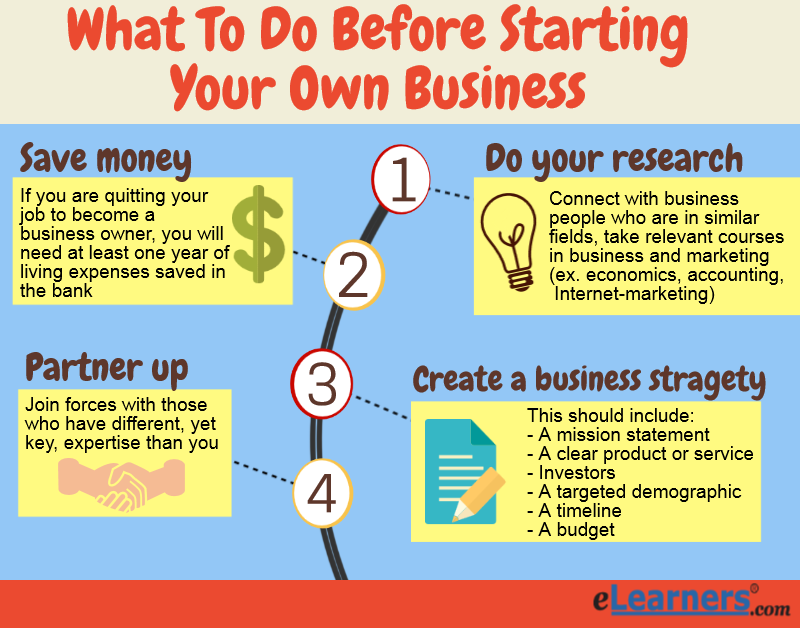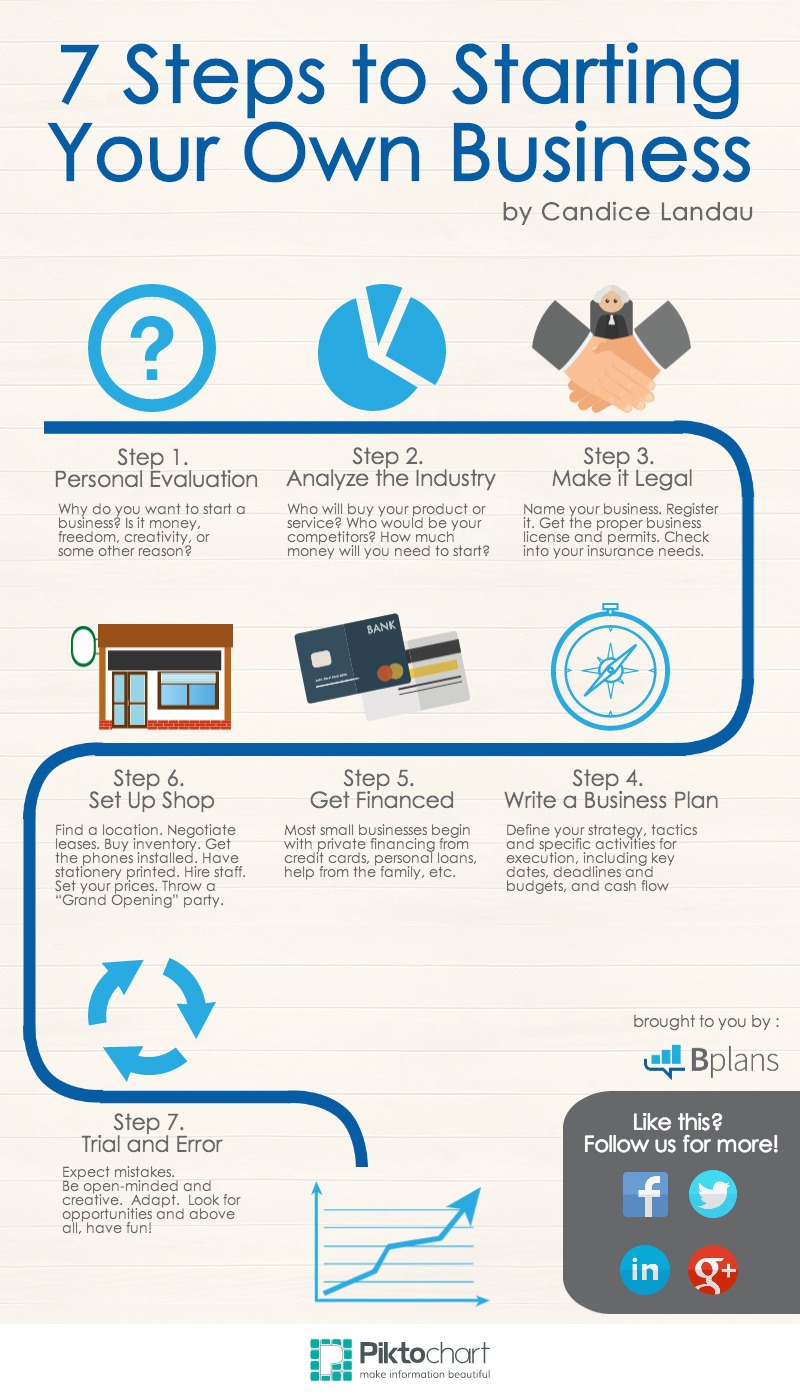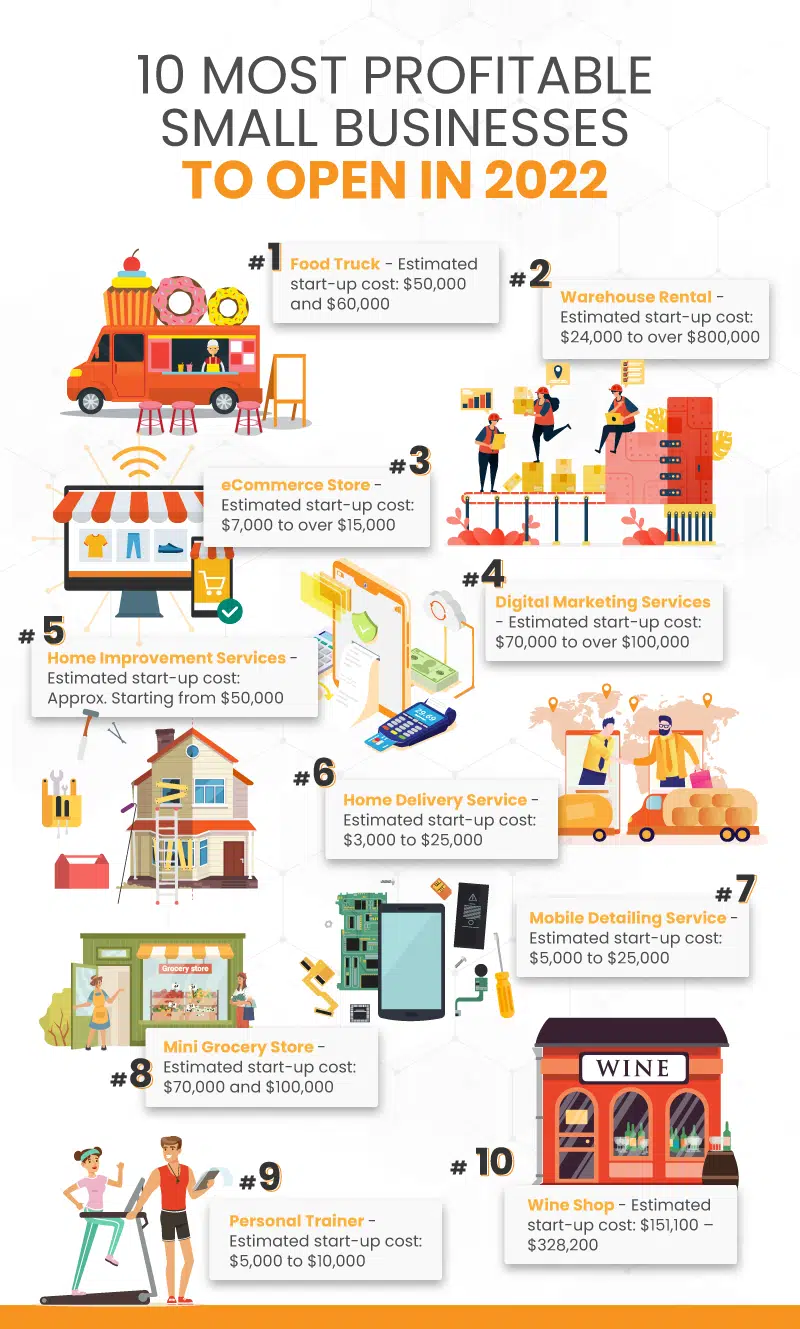How Old You Have To Be To Start A Business

Is there a minimum age to become an entrepreneur? The answer is more nuanced than a simple yes or no, depending on the business structure and location.
While federal laws don't explicitly prevent minors from owning businesses, the ability to enter into legally binding contracts – a cornerstone of operating a company – typically requires reaching the age of majority, which is 18 in most US states.
The Legal Landscape: Contracts and Corporations
The core issue lies in contract law. Minors generally lack the legal capacity to enter into contracts, meaning agreements they make are voidable. This poses significant problems for business operations.
However, there are ways for younger individuals to participate in business. One common solution involves forming a corporation or LLC (Limited Liability Company) with an adult serving as a manager or officer until the minor reaches the 18 age milestone.
State-Specific Regulations
Business laws vary significantly from state to state. Some states may have specific regulations or stipulations regarding minor involvement in businesses.
For instance, while a 16-year-old in California might be able to operate a sole proprietorship with parental consent and court approval, another state might have stricter limitations.
It's crucial to consult with a legal professional familiar with the specific state's regulations to ensure compliance.
Sole Proprietorship vs. Corporation/LLC
A sole proprietorship, the simplest business structure, directly links the business to the individual owner. Due to the contract limitations, it's generally difficult for a minor to legally operate one without adult intervention.
Corporations and LLCs offer a workaround. These structures create a legal entity separate from the individual, allowing an adult to act on behalf of the company until the young entrepreneur comes of age.
The adult can serve as a guardian, trustee, or appointed manager, handling contracts and legal obligations.
Examples of Young Entrepreneurs
Despite the legal hurdles, numerous young people have successfully launched and managed businesses. Many started early with smaller ventures, such as lawn mowing or tutoring, building skills and experience.
Moziah Bridges, founder of Mo's Bows, started his business at the age of 9. With the help of his mother, he navigated the legal aspects and built a successful brand.
These stories demonstrate that age isn't necessarily a barrier to innovation and entrepreneurship, provided the right legal framework and adult support are in place.
Federal Regulations and Child Labor Laws
While there's no specific federal law barring minors from owning a business, child labor laws may impact certain industries. These laws restrict the types of jobs and hours minors can work.
Businesses employing minors must comply with these regulations to avoid penalties. The Fair Labor Standards Act (FLSA) sets minimum age requirements for specific types of employment.
Understanding these laws is essential for any young entrepreneur hiring other minors.
Next Steps for Aspiring Young Business Owners
If you're under 18 and eager to start a business, the first step is thorough research. Understand the legal requirements in your state and the potential impact of child labor laws.
Consult with a lawyer or business advisor to determine the most suitable business structure and ensure compliance. Seek mentorship from experienced entrepreneurs.
Finally, obtain parental or guardian consent and support. Their guidance and involvement are crucial for navigating the complexities of starting and running a business at a young age. Remember, age may be a number, but knowledge and preparation are key to success.


















